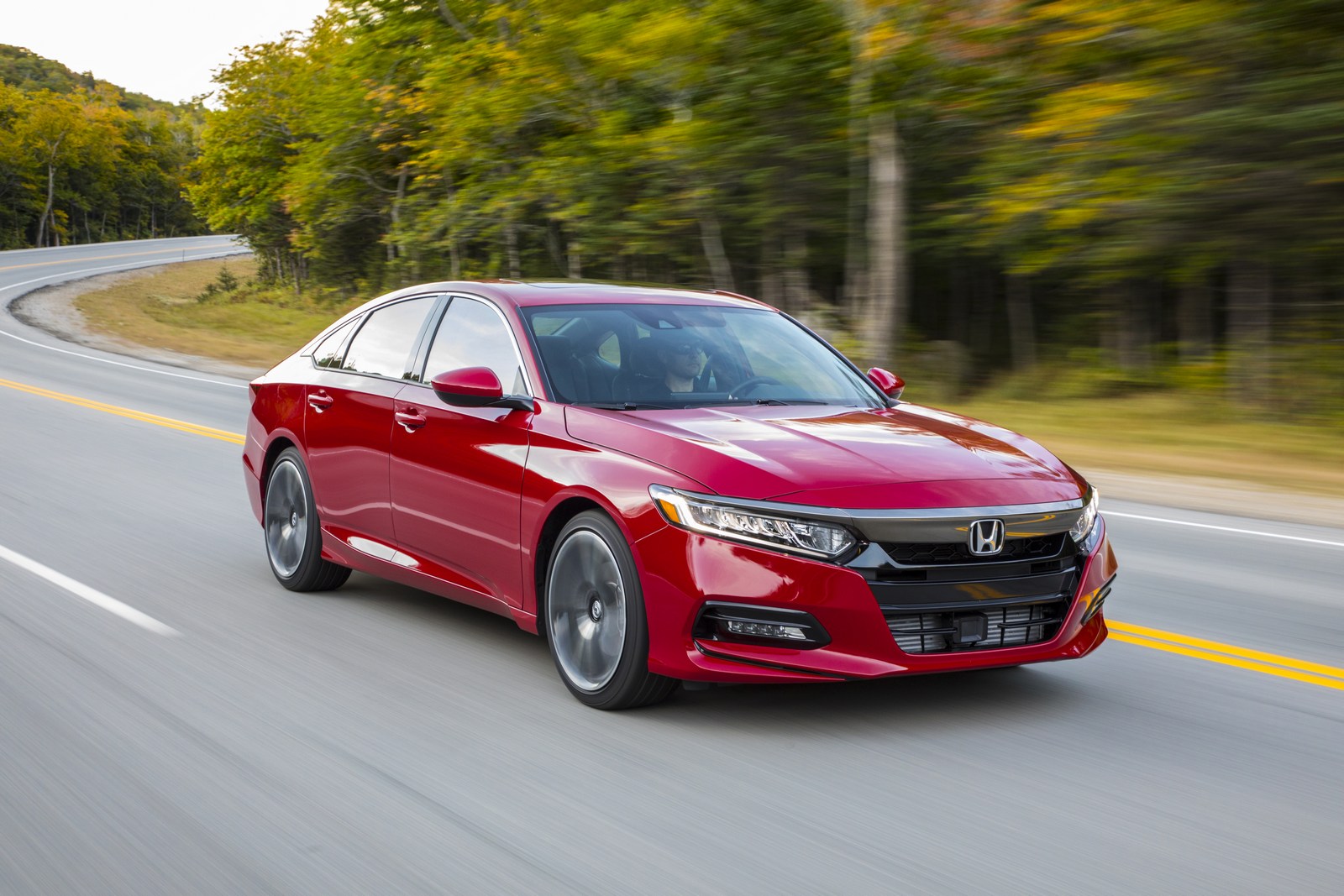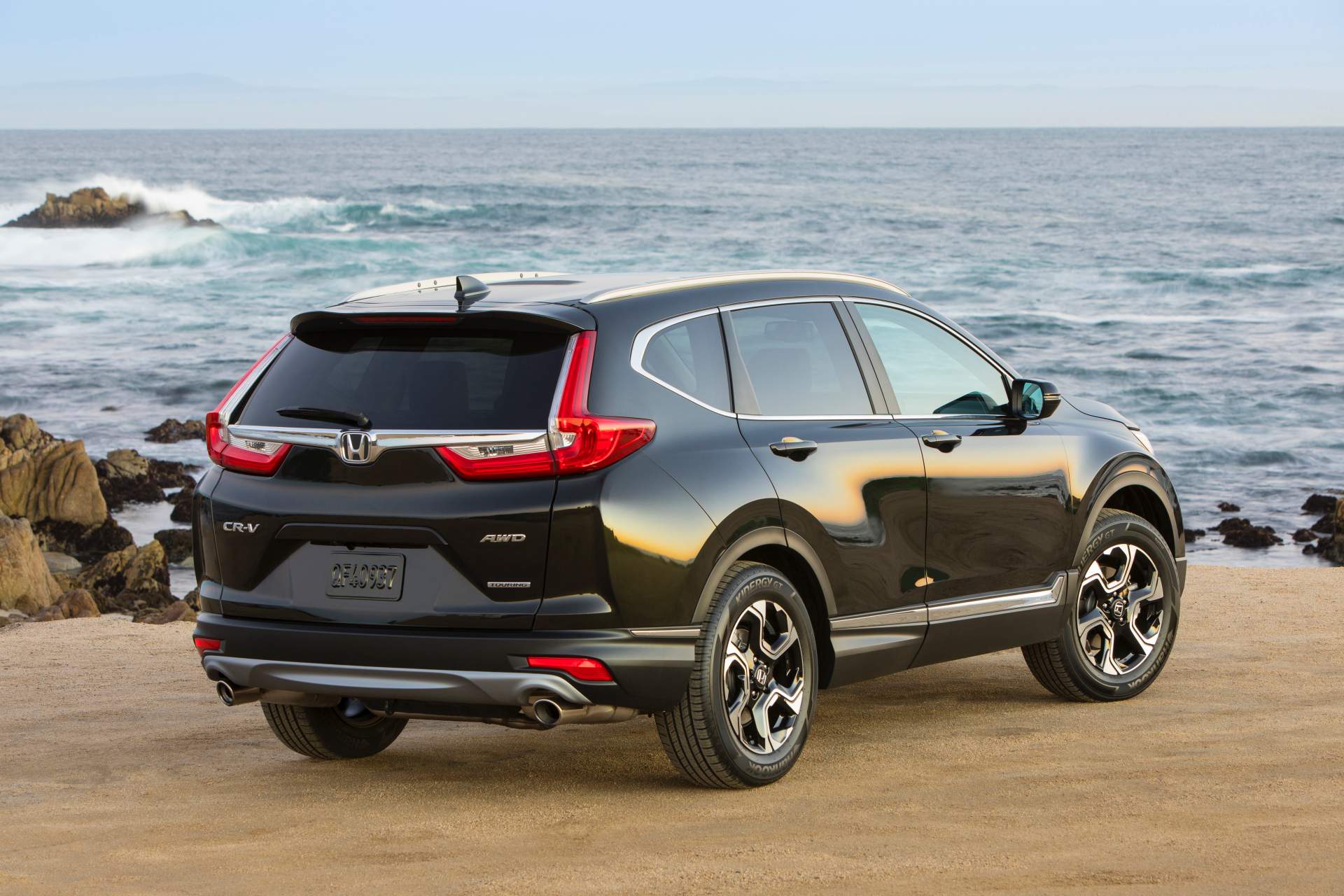Following complaints about “inadvertent activation of the collision mitigation braking system”, NHTSA opened an investigation on an estimated 1,732,000 Honda vehicles. The affected models are Honda Accord (2018-2019) sedans and the Honda CR-V (2017-2019) SUVs.
NHTSA received a total of 278 complaints including 107 for the Accord and 171 for the CR-V. In six cases, there was a collision involved with minor injuries being reported. Drivers said that the automatic emergency braking system was activated randomly and sometimes without a warning, even when traveling at high speed with nothing obstructing the vehicle’s path of travel.
Read Also: Some Honda, Acura Cars Have A Y2K22 Bug That Sends Their Clocks 20 Years Back In Time
Automotive News shared one of the complaints stating: “Twice in the past six months, driving down our rural road to our neighborhood, the car flashed the brake sign on the dash and applied the brakes. After touching the brake pedal, the car returned to its normal speed. The road was clear, with no obstructions, no cars in front or cars coming from the other direction.”
Automatic emergency braking systems are standard equipment in new models, proving to be quite helpful in deterring collisions. However, a potential false activation can easily cause incidents, like rear-end impact collisions. NHTSA opened the investigation on Monday and published the Preliminary Evaluation document on Thursday morning. The agency said that the goal is to “determine the scope and severity of the potential problem and fully assess the potential safety-related issues”, deciding whether it will result in a recall or not.
In November 2021, Honda issued a recall for the Accord, Insight, CR-V, and Ridgeline models concerning a child seat defect, while in December 2021 another recall for the Acura RDX and Honda CR-V Hybrid was caused by driveshaft failure.






